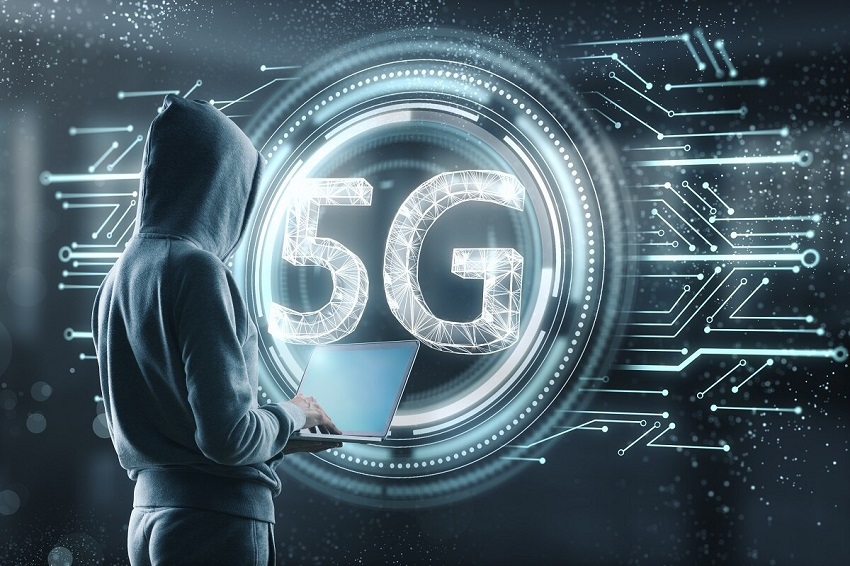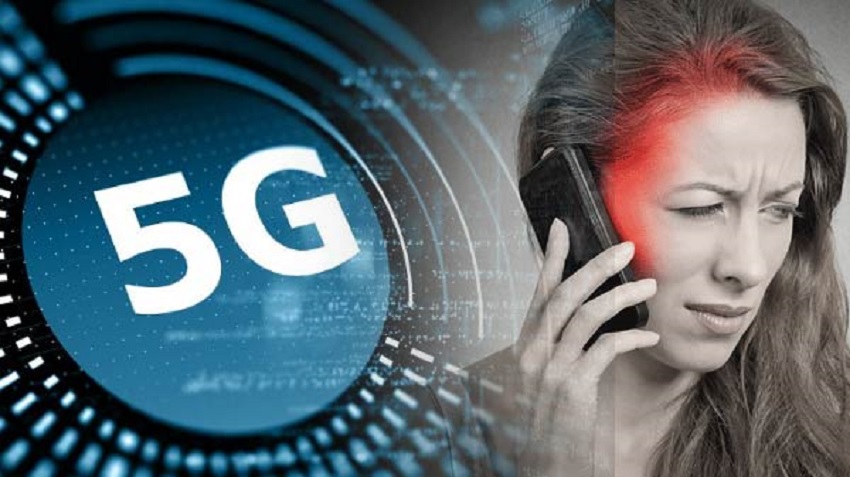
Imagine a world where everything is connected at lightning-fast speeds, where downloading a high-definition movie takes seconds, and where driverless cars communicate seamlessly with each other. This is the promise of 5G technology, the next generation of wireless networks. In this article, we will explore the advantages and disadvantages of 5G technology and its impact on various industries and our daily lives. This content is presented by https://www.arqweb.com/
Introduction to 5G Technology
The fifth generation of wireless technology, or 5G, is set to revolutionize the way we connect and communicate. It promises faster speeds, lower latency, and the ability to connect a massive number of devices simultaneously. Unlike its predecessor, 4G, which focused on enhancing mobile broadband services, 5G aims to provide a platform for a wide range of applications, including autonomous vehicles, smart cities, and the Internet of Things (IoT). Find out how does 5g technology enhance the internet of things iot.
Advantages of 5G Technology
- Lightning-Fast Speeds: One of the most significant advantages of 5G technology is its incredible speed. With download speeds up to 10 gigabits per second, 5G is expected to be up to 100 times faster than 4G. This means you can download large files, stream high-definition videos, and enjoy lag-free gaming experiences in the blink of an eye.
- Reduced Latency: Latency refers to the time it takes for data to travel from its source to its destination. 5G technology aims to minimize latency to as low as one millisecond, which is virtually imperceptible to humans. This near-instantaneous response time is crucial for applications like autonomous vehicles, remote surgeries, and virtual reality, where even the slightest delay can have severe consequences.
- Increased Capacity: 5G networks have the capability to support a massive number of connected devices per square kilometer. This is particularly important in crowded urban areas and events where a large number of people need to access the network simultaneously. With 5G, network congestion will become a thing of the past.
- Enabling Cutting-Edge Technologies: 5G technology serves as an enabler for various cutting-edge technologies. For example, autonomous vehicles rely on fast and reliable connectivity to communicate with each other and make split-second decisions. Similarly, smart cities utilize 5G to connect various devices and systems, optimizing resource utilization and enhancing the quality of life for residents.
- Industry Transformations: 5G technology has the potential to transform multiple industries. For instance, healthcare providers can leverage 5G to enable telemedicine, remote patient monitoring, and real-time data sharing among medical professionals. In manufacturing, the use of 5G-powered IoT devices can improve productivity, efficiency, and automation.
Disadvantages of 5G Technology
- Infrastructure Requirements: Implementing 5G technology requires a significant investment in infrastructure. New 5G base stations and antennas need to be installed, and existing infrastructure may need upgrades to support the higher frequencies used by 5G. This can be a costly and time-consuming process.
- Limited Coverage: While 5G technology promises lightning-fast speeds and low latency, its coverage is still limited compared to 4G. Initially, 5G networks will be available in select urban areas, and it will take time to expand coverage to rural and remote regions. This means that not everyone will be able to experience the benefits of 5G immediately.
- Interference and Signal Blockage: The higher frequency bands used by 5G have shorter wavelengths, making them more prone to interference and signal blockage. Obstacles such as buildings, trees, and even rain can disrupt the signal, resulting in reduced coverage and performance.
- Compatibility Issues: As 5G technology is still relatively new, there may be compatibility issues with older devices that only support 3G or 4G. This means that some devices may not be able to take full advantage of the advanced features offered by 5G.
- Security Concerns: With the increased connectivity and interconnectivity brought by 5G, security becomes a critical concern. The massive number of connected devices and the potential vulnerabilities in the network infrastructure create new avenues for cyberattacks. Robust security measures need to be in place to safeguard against potential threats.
Conclusion
5G technology holds immense potential to transform the way we live, work, and communicate. Its lightning-fast speeds, reduced latency, and increased capacity open up a world of possibilities for various industries. However, the deployment of 5G also comes with challenges such as infrastructure requirements, limited coverage, and security concerns. As we move forward with this technology, it is crucial to address these challenges and ensure a smooth transition into the 5G era.
FAQs
Q1: Which brands/models are offering 5G technology?
A1: Many smartphone manufacturers, such as Apple, Samsung, and Huawei, offer 5G-enabled devices. Some popular models include the iPhone 12, Samsung Galaxy S21, and Huawei P40 Pro.
Q2: Will 5G replace Wi-Fi?
A2: No, 5G will not replace Wi-Fi entirely. While 5G provides cellular connectivity, Wi-Fi is still essential for local wireless connections within homes, offices, and public spaces.
Q3: Can 5G technology be harmful to human health?
A3: Extensive research has been conducted to assess the potential health effects of 5G technology. So far, no conclusive evidence suggests that 5G radiation poses significant risks to human health when operated within regulatory limits.
Q4: How long will it take for 5G to become widely available?
A4: The availability of 5G networks varies by country and region. While some areas already have widespread 5G coverage, it may take several years for 5G to become widely accessible globally.
Q5: What industries will benefit the most from 5G technology?
A5: Multiple industries stand to benefit from 5G technology, including healthcare, transportation, manufacturing, entertainment, and smart cities. The enhanced connectivity and capabilities of 5G can drive innovation and efficiency across these sectors.
